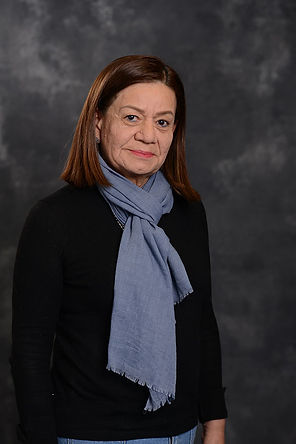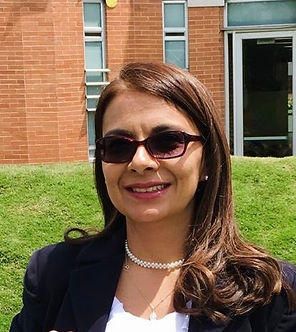Parent Professional Development Program
"Inspiring and Happy Parenting”
The main purpose of the Inspiring and Happy Parenting program is for parents to use the Theory of Choice as a basis for raising their children and thus align with the educational project.
The program methodology is based on three face-to-face workshops of 5 hours each. In the workshops, role plays are practiced with parenting case studies according to the age of the children. Likewise, based on readings, useful tools are learned to achieve family agreements on rules and respectful and non-coercive relationships. Developing the skills to educate in an environment of trust, respect and individual and family responsibility.
It is a prerequisite to attend Level 1 to continue with Level 2 and finish with Level 3. These workshops are offered throughout the school year on dates found on the Alma calendar and can be registered for free.
Sign up for the Inspiring Parenting and Happy New Parents Workshop 2024-25
Sign up for the Inspiring Parenting and Happy Current Parents Workshop 2023-24.
Level 1
The themes that are developed at this level are the basis of the Theory of Choice: Basic Needs, World of Quality and Total Behavior, to reach the effective application of what I need, what I want and what I do. Likewise, the way to establish negotiable and non-negotiable norms and rules in family meetings for the construction of a family constitution is addressed.
What do I have control over in raising my children?
How does my mind and my child's mind work according to Choice Theory?
How can I promote the mental health and happiness of my child and myself?
How to lead family meetings?
How to create a family constitution?
Level 2
The topics that are developed at this level revolve around how to resolve conflicts using the conciliation model in Choice Theory, studying the 4 ways in which we relate and attitudes toward conflict.
What is the use of knowing about Choice Theory in parenting?
What are my attitudes towards family conflict?
What are the 4 ways we relate as a family?
How do I reconcile with my children without losing power as parents?
Level 3
The topics at this level are the application of Choice Theory in an environment of trust in the family. Tools to reach agreements and shared images such as the DAEP, the Solution Circle, and Role Play are practiced through the use of constructive habits.
Promote the application of Choice Theory in the family
How to create a warm environment based on trust?
What is a conflict according to Choice Theory?
How to solve family conflicts using Choice Theory?
What new tools can I use to resolve a conflict?
Facilitator
Sonia Muñoz Olea
She currently works as a Glasser Quality Consultant at Rochester College and a Basic Course Teacher in Choice Theory and its applications at William Glasser International. She is the President of the Elegir Foundation, created in 2001, to promote the Theory of Choice and its applications in leadership, organizational development, mental health, personal growth, quality education and the family as an inspiring nucleus.

Facilitator
Mónica Bernal Silva
Mónica currently directs the Professional Development program at Rochester School, focusing her role on achieving various forms of training for teachers, associated services personnel and parents. She is certified in Choice Theory, Management by Leadership and Reality Therapy (2004) and certified as a Master in Choice Theory (2013). He has a Master in Pedagogy (2011) and a Master in Family Counseling (2021). With his management he inspires and supports fundamental changes in the personal, professional and family development of the Rochestrian community.

Basic Course on Choice Theory and its applications in Parenting
Theme
Choice Theory: it is an explanation of the functioning of the mind and brain as an internal control system for our behavior; of why and how we behave. It explains the individual's internal choice process in any situation, based on the desired personal images that seek to satisfy the 5 basic needs of survival, love and belonging, power and recognition, freedom and fun.
Counseling: is the method of counseling and therapy based on Choice Theory that Dr. William Glasser initiated since 1965, which helps people be effectively in control of their lives and maintain their mental health.
Management by leadership: it is the systemic application of the Theory of Choice in the business, family and educational organization, which seeks to replace authoritarian and coercive relationships with a satisfactory work and learning system of basic needs.
Quality Schools based on the Theory of Choice: it is the systemic application of the Theory of Choice, so that the curriculum is useful, well-being and mental health are achieved. The following quality conditions: an environment of trust and cooperation, usefulness perceived by all, excellence, self-evaluation, evident continuous improvement and well-being are essential and evident in schools based on the Theory of Choice.
In this course you will learn:
Expand your capacity for direction, guidance and leadership as a family
Build responsible and successful family environments without coercion
Plan family gatherings for success
Usar los conceptos básicos de Teoría de la Elección en la crianza diaria
Give useful feedback to children, partners or co-workers
Work and learn as a family team
Comprender el comportamiento propio y el de nuestros hijos
